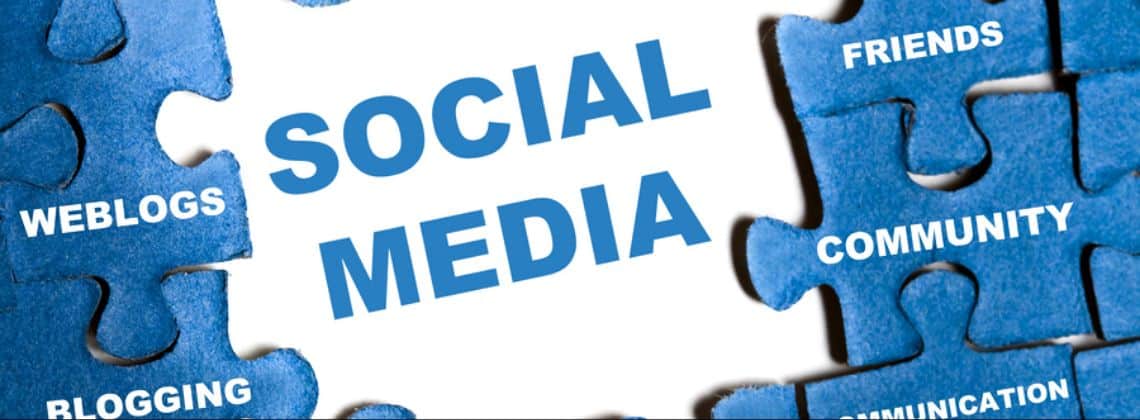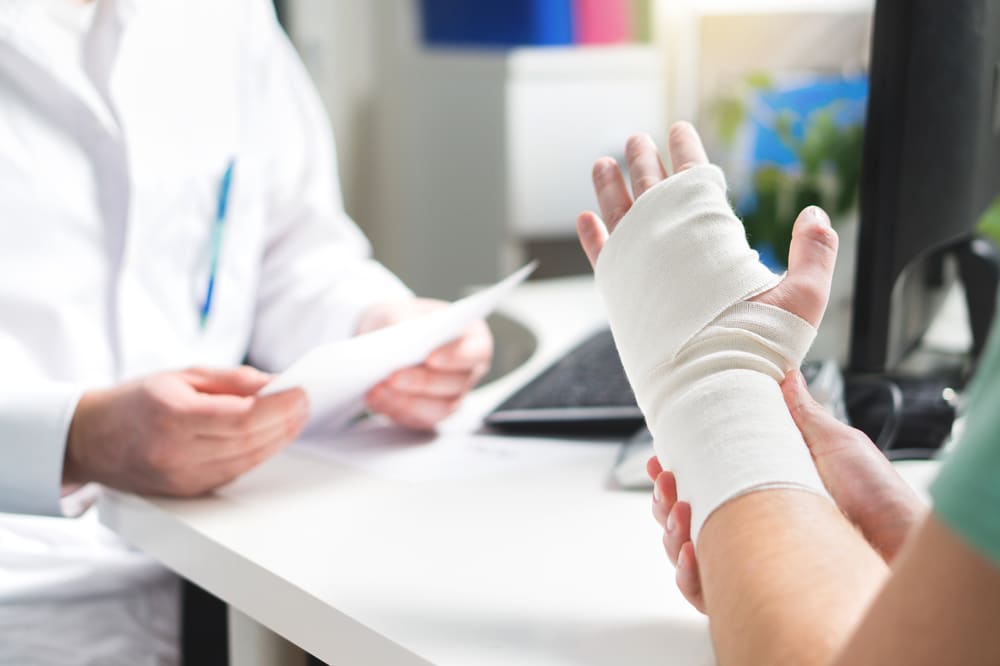How Social Media Can Negatively Impact Your Personal Injury Claim

In this technological age, it is common to regularly post on social media platforms regarding our activities and other aspects of our lives. Profiles on Facebook, Instagram, Twitter, and similar social media sites proudly display photos and status updates of our experiences and opinions.
However, these social media posts can have an adverse effect if you have sustained an injury and are trying to recover for your losses. Courts have realized the potential influence that social media postings can have on personal injury claims and, therefore, regularly allow adverse parties access to social media profiles1 and allow relevant posts to be presented as evidence2 against an injured plaintiff when applicable.
The Defense Will Request Access
Defense lawyers rarely asked for access to the social media accounts of clients 5 years ago. Today, it is a standard request by most defense lawyers in every personal injury case in Georgia.
Real Life Example Of Social Media Hurting A Case
Let me give you a real-life example of why this has become a standard defense tactic and how it can destroy the value of your case. This is not a case our firm handled.
The plaintiff was injured and suffered permanent scarring that she claimed severely altered her enjoyment of life. The case was tried to a metro-Atlanta jury and the plaintiff requested over $1 Million in damages, much of it for pain and suffering and loss of enjoyment of life from her injuries.
The defense used Twitter posts by the plaintiff over the course of a year after the accident depicting her enjoying her life with friends and family. The kicker was that in one post, the plaintiff actually commented that she had gotten use to her scar and even wouldn’t live without it.
The jury returned a verdict for the plaintiff of only a little over $100,000.00 for her case. After the trial, her lawyers said the social media posts killed the value of her case.
We have long recommended to clients that they stop all social media posting until their case is over. However, we find that in this day and age many simply cannot go without posting to social media. Therefore, the following are some general things to think about if you must continue to post to your social media accounts after an injury:
Do Not Post About the Case
It is never wise to post anything related to your case on any type of social media. Specifically, you should not post any of the following:
- Conversations you had with your lawyer
- Information regarding your medical treatment or diagnosis
- Frustrations with the adverse party or insurance company
- Email or phone exchanges with anyone involved in the case
Limit Photos, Posts, and Check-ins in General
It goes without saying that if you are claiming serious limiting injuries, photos of you hiking or playing sports can cause serious doubt regarding the extent of your injuries. However, even seemingly innocuous posts can be used against you.
If you regularly check in at restaurants, parties, or other events with your friends, it can cast doubt on any claims of loss of enjoyment of life, pain and suffering, or emotional distress since you appear to be living life as usual. Additionally, do not allow your friends to tag you in such photos or check-ins as well.
Avoid New Requests for Followers or Friends
In many cases, insurance companies or other parties may have individuals request a connection on social media to get easier access to your photos and information. Do not accept any new requests unless you know the person well.
If you have sustained any type of personal injury and would like to discuss a potential case with an experienced Atlanta personal injury lawyer, please call 770-744-0890 to schedule a free consultation with Spaulding Injury Law today.
- https://www.americanbar.org/publications/blt/2014/01/02_dibianca.html
- https://www.law.cornell.edu/wex/evidence

When you become our client at Spaulding Injury Law, you’ll be represented by a thoroughly experienced Atlanta personal injury attorney like Theodore A. Spaulding. For over 15 years, Mr. Spaulding has helped victims of negligence across the state of Georgia resolve personal injury cases, and he’s received a remarkable number of awards and honors from the legal community recognizing his commitment to clients and to the metro-Atlanta area.
Mr. Spaulding has been named one of the Top 100 trial lawyers in Georgia by the National Trial Lawyers for six successive years.
He is honored as a lifetime member of the Million Dollar Advocates Forum ® by the Top Trial Lawyers in America ®.
Charter Member of the Distinguished Justice Advocates.
Member of the Atlanta Bar Association.



















